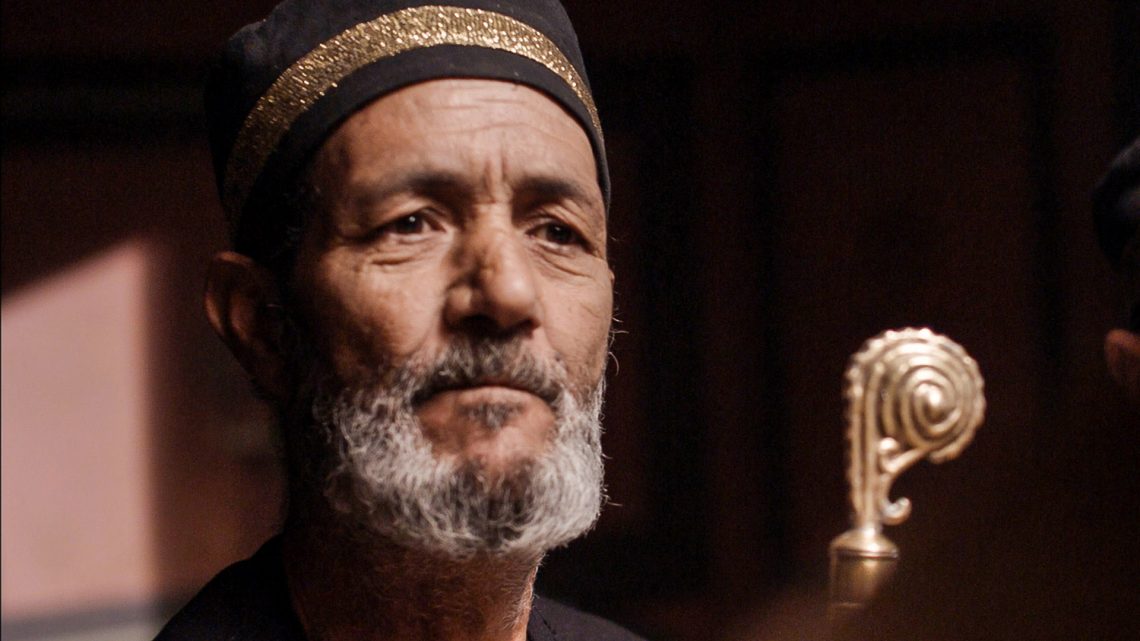All of Jerusalem was in an uproar. For more than a generation, one agitator after another had claimed to be the Messiah. Time and again the would-be champion attracted followers and began a movement, only to end in bloody defeat, the “messiah” dead, his followers scattered.
In recent memory, a man named Theudas had raised a small army of 400 men. But the Romans had ambushed them, executing Theudas, slaughtering many of his followers. Another fellow, one Judah of Galilee, likewise gained a following, but after his death, the movement melted away.
This time, things were different. The leader had been crucified, but the movement had not faded into obscurity. Indeed, at Pentecost, it had grown several orders of magnitude. It threatened to split Judaism wide open. And now the leadership council was faced with two followers of this latest Messiah, who had become troublesome because of their continued recruiting for the movement. They had been warned, then imprisoned; but they were unrepentant, they would not agree to be silent.
Many in the leadership believed it was time to put an end to this disturbance, once and for all. Drastic measures had been proposed and, driven by events, the council was prepared to act. All eyes turned to the Nasi or Prince of the Sanhedrin. Grandson of the revered Rabbi Hillel, son of Shimon ben Hillel, both of whom had served as Nasi, Gamaliel had distinguished himself as a teacher, and as a source of wise counsel. Here is what he said:
Men of Israel, be very careful of what action you intend to take against these men!
He then recounted the cases of Theudas and Judah of Galilee, and concluded as follows:
My advice to you now therefore is to let these men alone; leave them to themselves. For if this teaching or movement is merely human it will collapse of its own accord. But if it should be from God you cannot defeat them, and you might actually find yourselves to be fighting against God!”*
Gamaliel’s wise counsel carried the day. Ellen White describes Gamaliel as of “good reputation,” “a man of learning” and “high position.”
It seems to me that Gamaliel’s counsel today, on the eve of the momentous vote on women’s ordination, argues in favor of a “yes” vote. If this policy is a merely human idea, it will collapse of its own accord. But if it should be from God you cannot defeat it, and you might actually find yourselves to be fighting against God.
But that is not the purpose of this blog. The purpose is this:
I am not Gamaliel. I have no high position. I leave to others the question of my learning and reputation. I am calling on all the Gamaliels, wherever and whoever you are, and I am calling on you to say this:
“No matter which way the vote on Women’s Ordination goes in San Antonio, I will continue to support the Adventist movement. If the vote is a human mistake it will harm the church, which will therefore need all of our support more than ever. If the vote is an expression of God’s will, then to resist it is resisting God and His church, and I do not want to find myself in that position.”
I am not minimizing the importance of the issue of Women’s Ordination. But I intend to keep focusing on and supporting the mission of the Adventist movement, and the Seventh-day Adventist church.
If you want to join me, comment your affirmation below.
*Scripture from the Phillips translation.









